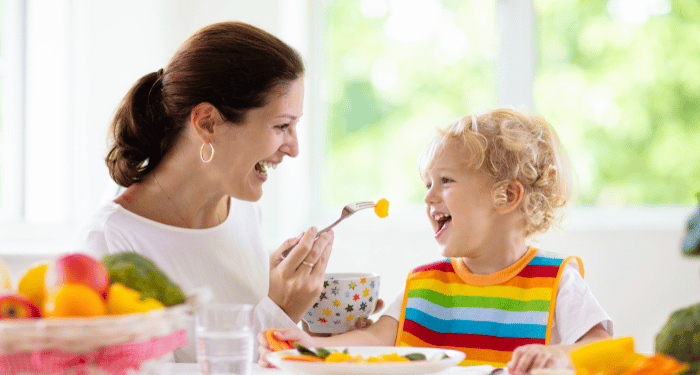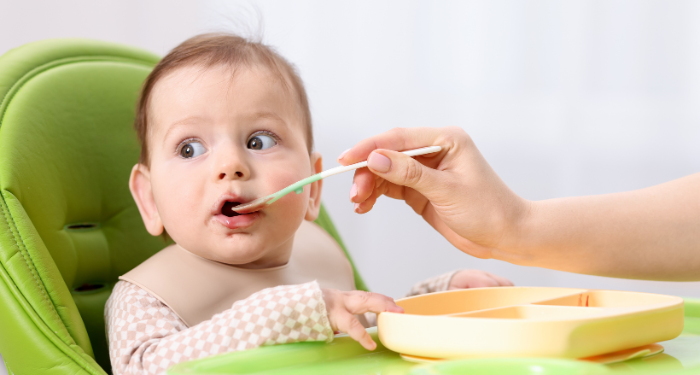
There’s a hot topic in feeding therapy circles that’s ready to spill into every pediatric office, parenting blog, and baby registry checklist:
It’s time to say goodbye to the sippy cup.
Not just for now… forever.
If your mouth just hit the floor…please stay a while and read more.
If you’re a therapist or a parent who’s been taught that sippy cups are the next logical step after bottles or breast… It’s okay. We’ve all been there. But now it’s time to shed light on the myth that sippy cups are a developmental step.
Why Sippy Cups Aren’t It
Sippy cups weren’t invented by feeding therapists. They were created to prevent spills, not to support function.
I get it. As a mom, there are many times when a cup that prevents spills is what I need for the time and space we are in.
That’s why it’s so important as a therapist to educate parents on the “why” and show them alternatives.
Let’s break down the why not of sippy cups.
Sippy cups:
- Promote tongue thrusting, not retraction
- Limit jaw grading and development
- Encourage an immature suckling pattern (instead of advancing to a mature swallow)
- Can lead to dental arch narrowing and open-bite tendencies
- Often delay independent drinking skills and proper swallowing
Sure, they’re convenient. But so are Velcro shoes and microwaved dinners and we still recommend learning to tie shoes and cook.
Explaining this in a non-judgemental way to parents is crucial for the kids we see in therapy to progress beyond an infant oral motor skill level and help to prevent life-long orofacial myofunctional disorders (OMDs).
What’s Actually Best for Oral Motor Development?
- Open Cups
- Straw Cups (without valves)
Both options encourage:
- Proper lip seal
- Tongue elevation and retraction
- Development of jaw stability and mobility
- A mature swallow pattern
- Strengthening of muscles used for speech, feeding, and airway health
And guess what?
Babies can learn to drink from an open cup before their first birthday. They just need someone to show them how.
The best part is, you as their therapist, get to be a big part of this beautiful developmental picture.
Why It Matters Before One
Those first 12 months are the golden window for shaping:
- Oral muscle coordination
- Orofacial growth (hello, palate development!)
- Patterns that stick for life; like breathing, chewing, and even speech production
If we delay cup skills, we delay critical motor development that supports everything from feeding to language to sleep quality.
Like what you’re learning in this circle of the internet? Stay a while, subscribe for emails, and join us inside the pediatric feeding hub where we’re building the mentorship you wish you had from day one as a feeding therapist.


